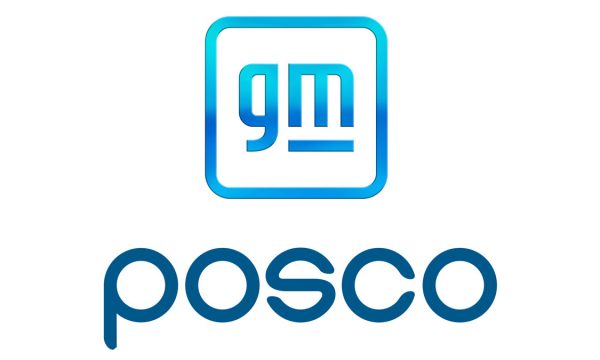
After dropping prices across its lineup by as much as 20 per cent “virtually overnight”, consumer interest in Tesla spiked, reversing a recent trend of waning consumer interest, according to the J.D. Power EV Index, a new analytics tool developed by J.D. Power to track the progress to parity of EVs with internal combustion engine (ICE) vehicles in the United States. The recent swing in Tesla brand consideration points to a much larger trend toward consumer price sensitivity becoming an even more significant factor in the EV adoption curve.
This E-Vision Intelligence Report examines key data points trending in each monthly EV Index update, along with other data points gathered from J.D. Power studies and pulse surveys, to spotlight emerging trends and important shifts in EV consumer sentiment.
J.D. Power posits that Tesla can be “credited with breaking down many of the barriers that once existed to widespread EV adoption”, but affordability has not historically been one of them. The most affordable version of its Model 3 sedan retailed for about $47,000 in December 2022, while the brand’s average transaction price hovered near $73,000 throughout most of 2022.
During that same period, the J.D. Power EV Index identified a trend toward waning consumer interest in Tesla. In fact, from November to December 2022, the percentage of shoppers either “very likely” or “somewhat likely” to consider a Tesla for their next EV purchase fell to 39 per cent from 44 per cent, falling behind Chevrolet.
Then, in mid-January of 2023, Tesla announced sweeping price cuts that brought the price of a base Model 3 down to $44,000 and cut the price of some models and trims by as much 20 per cent. Immediately, consumer interest “suddenly roared back”, putting Tesla back on top of the brand consideration ranks, with 44 per cent of EV shoppers indicating interest in the brand.
The report concludes, “Suddenly, the brand that has been most closely associated with the premium market sentiment that has accompanied the growth of EVs, is starting to exhibit demand dynamics more in line with mainstream consumer goods.” The other four brands at the top of the EV consideration list are all mainstream brands: Chevrolet (41 per cent), Ford (35 per cent), Toyota (26 per cent) and Hyundai (20 per cent).











